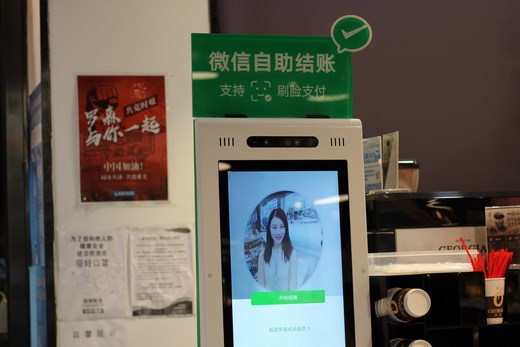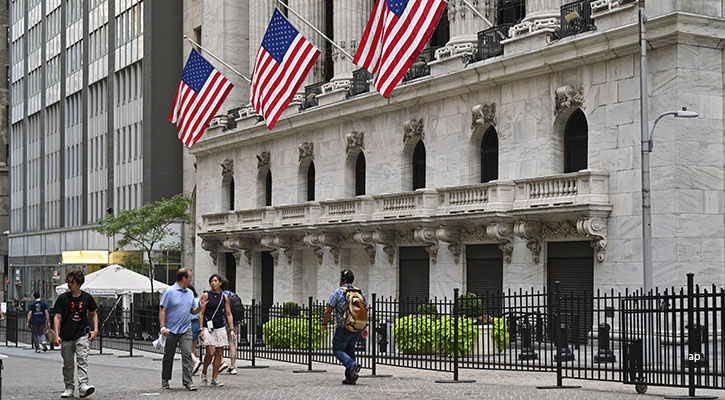
Given the escalation of the Sino-American technology war, we think the Trump administration's expansion of its ban to include not just the WeChat U.S. app but also Tencent's apps in the U.S. is the most probable scenario, which could affect up to 2% of Tencent's revenue. The next most likely option is to forbid Apple and Alphabet from offering downloads and updates of WeChat in their global app stores, excluding China. This could affect up to 5% of Tencent's revenue, in our view.
The expanded authority of the Committee on Foreign Investment in the United States to review certain noncontrolling foreign investments in a U.S. business that “maintains or collects sensitive personal data of United States citizens that may be exploited in a manner that threatens national security” could lead to a forced sale of Tencent’s ownership in Riot Games, Epic Games, and Supercell. By our estimates, this scenario is the third most probable but has the largest impact on Tencent's revenue at 6%. We believe the possibility of banning all U.S. companies from conducting business with Tencent both inside and outside of China is very unlikely because of the much larger impact on U.S. corporate interests.
95% of Tencent's Revenue Secure if U.S. Companies Continue to Conduct Business With Weixin
U.S. President Donald Trump issued two executive orders on Aug. 6 that, in the interpretation of the U.S. legal advisor to technology enterprises Wilson Sonsini Goodrich & Rosati, bars “U.S. persons, including companies organized or located in the U.S., or non-U.S. persons using property subject to the jurisdiction of the U.S. from carrying out:…any transaction that is 'related to WeChat with Tencent Holdings Ltd' (Tencent) or its subsidiaries.” The Secretary of Commerce will identify the specific transactions within 45 days and take action such as adopting regulations to implement the orders that will be effective 45 days from Aug. 6.
Our assumption is that Trump is most likely to allow the Chinese app stores of Apple and Alphabet to continue to provide downloads and updates. According to Tencent's annual report, overseas revenue made up less than 5% of its total revenue in 2019. Therefore, we think the financial hit to Tencent would be limited even if WeChat cannot be downloaded and updated outside of China. In our note on Aug. 10, we also noted several ways to bypass this potential rule. Because WeChat is not a new app, most Chinese consumers have already installed it on their phones. Users with Android phones can update WeChat without Google Play. Based on the experience of the recent ban on WeChat in India, it is reported that WeChat can still be used with a Chinese phone number for users located in India. Based on our checks, WeChat users could also switch the location for their Apple app store to China to use Weixin provided that Weixin is not required to be taken off Apple’s mainland China app store.
98% of Tencent Revenue Safe Even If the U.S. Government Bans All of Tencent's Apps in the U.S.
According to Tencent’s second-quarter earnings call, Tencent’s U.S. revenue accounted for less than 2% of total revenue, and advertising in the U.S. is less than 1% of total advertising revenue. Another app of Tencent that is popular in the U.S. is PUBG mobile, which we think could be banned. According to Sensor Tower, this mobile game generated approximately 10% of its revenue from the U.S. in June and July this year.
We estimate that the contribution of the U.S. revenue from this game this year is less than US$ 0.2 billion versus Tencent's revenue of US$ 67 billion on our estimate. We think many Chinese overseas users also have Tencent’s QQ to communicate with people in mainland China, given QQ also had 768 million monthly active users in the first quarter of 2020. Hence, QQ is likely to be banned in the U.S. as well, in our view.
FIRRMA Makes a Forced Sale of Tencent’s U.S. Major Assets a Possibility
However, other regulatory regimes, such as the Committee on Foreign Investment in the United States, or CFIUS, could take actions against Tencent. The Foreign Investment Risk Review Modernization Act of 2018, or FIRRMA, which took effect Feb. 13, 2020, expanded the authority of CFIUS to review, among other things, certain noncontrolling foreign investments in a U.S. business that “maintains or collects sensitive personal data of United States citizens that may be exploited in a manner that threatens national security.” Tencent’s ownership of its major U.S. businesses could be the next target of CFIUS, and we think Tencent’s ownership in Riot Games, Epic Games, and Supercell are the most likely target of CFIUS.
A Fire Sale Wouldn't Substantially Reduce Tencent's Current Valuation and Moat
The collective valuation of Tencent’s stake in Riot Games, Epic Games, Supercell, and Activision Blizzard accounted for only 4% of both Tencent’s enterprise value and market capitalization as of Aug. 24 on our estimate. Our estimate of the valuation of Riot Games is the average valuation derived from the average forward Capital IQ consensus EV/sales of 5.2 times and P/E of 26 times for the gaming peers Activision Blizzard, Electronic Arts, Ubisoft, Take-Two, Zynga, and Epic Games. Our valuation of Epic Games is derived from its latest round of fundraising, which valued the company at US$ 17.3 billion in June this year, according to PitchBook. Supercell's valuation is based on the average valuation derived from the same average forward Capital IQ consensus EV/sales and P/E of the aforementioned gaming peers. The valuation of Activision Blizzard is based on its market capitalization on Aug. 24.
Tencent's wide moat is mainly derived from its network effect within China, which will remain intact despite the sale of these gaming assets. A vast majority of its 1.2 billion monthly active users in Weixin and WeChat and 744 million QQ monthly active users come from China. The sale of these gaming assets would have some impact on the secondary moat source of intangible assets, but the importance of this intellectual property to Tencent's moat is small given their small revenue and profit contribution.









.png)









